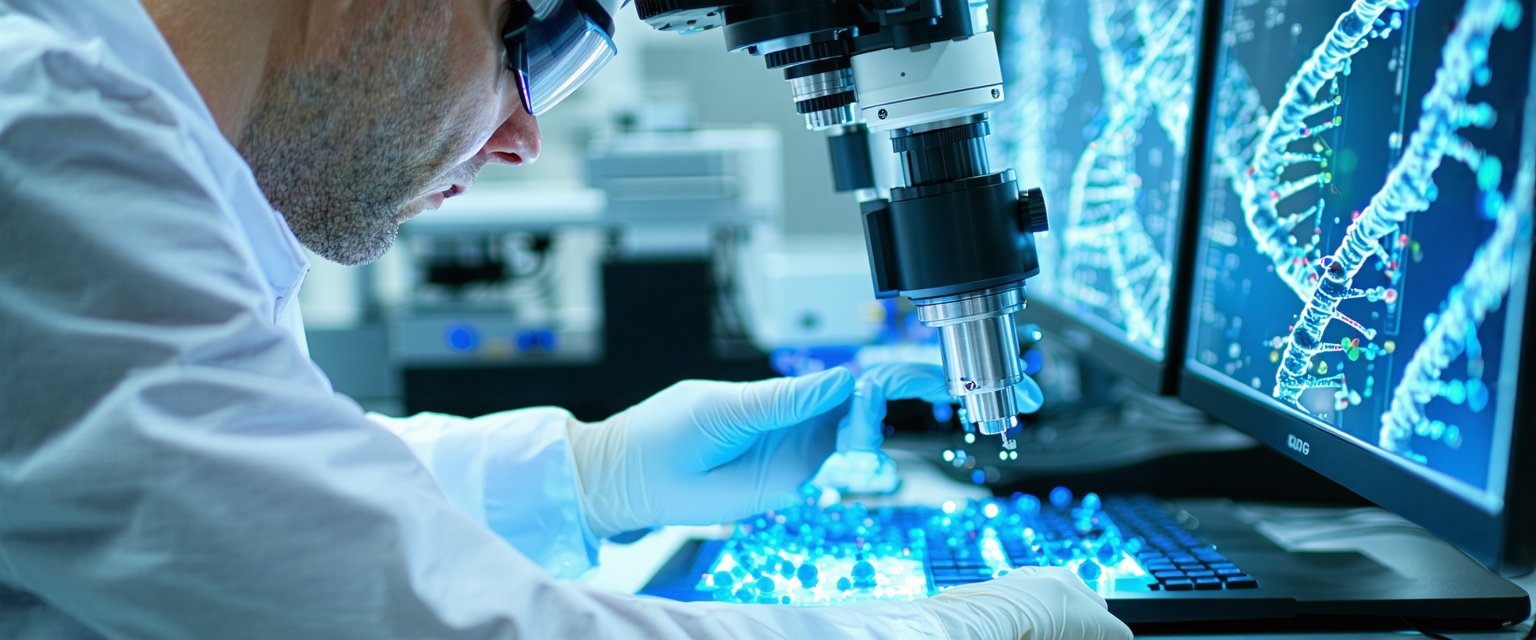






The field of biotechnology is rapidly evolving, with recent advancements promising transformative changes in healthcare and beyond. New gene-editing techniques and personalized medicine approaches are pushing the boundaries of what’s possible.
Gene editing technologies, particularly CRISPR-Cas9, have revolutionized the ability to precisely modify DNA. This has opened doors to correcting genetic defects, developing new therapies, and even engineering crops with improved traits. However, challenges remain, including off-target effects and ethical considerations.
Recent research focuses on improving the accuracy and efficiency of gene editing, exploring alternative gene-editing systems, and developing delivery methods to effectively target specific cells and tissues.
Scientists have recently developed improved versions of CRISPR-Cas9 with enhanced specificity, minimizing off-target edits. This breakthrough significantly reduces the risk of unintended consequences. Furthermore, advancements in nanotechnology are providing more efficient methods for delivering gene-editing tools to target cells.
Exciting new research is also exploring base editing, a more precise form of gene editing that allows for single-base changes without causing double-stranded DNA breaks. This approach holds promise for treating a wider range of genetic diseases.
These advancements have significant implications for treating genetic disorders such as cystic fibrosis, sickle cell anemia, and Huntington’s disease. Personalized medicine approaches, tailoring treatments to an individual’s genetic makeup, are becoming increasingly feasible. Furthermore, progress in gene editing is paving the way for advancements in agriculture, leading to more resilient and productive crops.
Future research will likely focus on further enhancing the precision and safety of gene editing tools. Researchers are exploring the use of artificial intelligence to design and optimize gene-editing strategies. Clinical trials are expanding, testing the efficacy and safety of new gene therapies in humans.
Ethical considerations surrounding gene editing, especially in germline cells, will continue to be debated and refined to ensure responsible and beneficial applications.